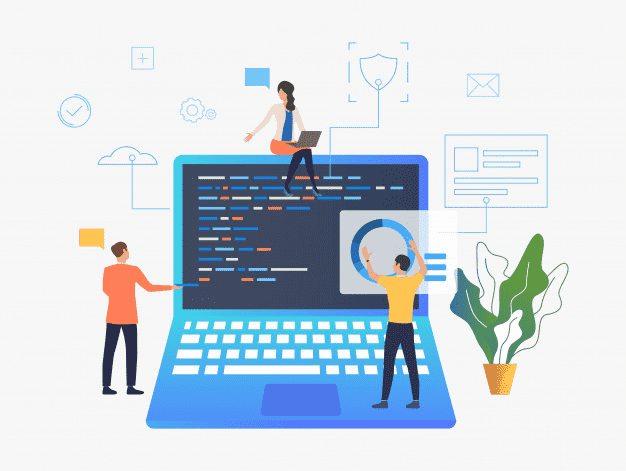HOW TO GET THE BEST WEBSITE SECURITY SOFTWARE
Many people have gone into businesses and starting up their own companies. This comes along with the need for a website and social media pages for the company. The making of a website comes with it having the best website security software to ensure that it is safe.
5 Steps to Get You the Best Website Security Software
When one acquires a personal or company website, they have to ensure that they are kept safe. They are numerous website security testing tools that one could use and apply to keep a website safe. Below are five steps to keep a website safe.
Install security plugins
There are various ways in which one can build their website. If one built their website with a Content Management System (CMS), they can enhance their website with security plugins. These plugins can actively prevent a website from website hacking attempts.

The main CMS options have security plugins and a majority of them are accessible for free. The security plugins for WordPress are bulletproof security. iThemes Security, Wordfence, sucuri, and fail2Ban. Magento has 3 security plugins namely: Amasty, Watchlog Pro, and Magfence. The security plugins for Joomla are jomDefender, RSFirewall, JHackGuard, and Antivirus Website Protection.
These security plugins block the hacking attempts that could threaten your website and also address the security vulnerabilities inherent in each platform. When one uses the best website security software, they will hence avoid getting hacking attempts and facing security vulnerabilities in their websites.
Use HTTPS
HTTPS stands for Hypertext Transfer Protocol Secure. It is made up of the Hypertext Transfer Protocol (HTTP) and the Secure Socket Layer (SSL), which is added to ensure that the website’s URL is safe. To get the best website security software, make sure that your website’s URL starts with HTTPS and not HTTP.
This will not only be for you to feel safe using your website but also for the public to be safe while visiting your website. These five letters are important for you to be secure and keep away from hackers as they will give you and your stakeholders assurance of their safety when providing even financial information on your webpage.
Keep your website platform and software up-to-date
Always ensure that your content management system (CMS), security plugins, apps and any scripts installed in the gadgets that you access your website from are always up to date. Look out for the CMS’s dashboard to check if they are always updated. To update your website platforms and software you will, of course, require stable internet connectivity.
Updating your website’s platforms and the software will of course assist you to check if the site has malware. But to avoid malware’s keep your website platform and software up to date.
Make sure your passwords are secure
Creating passwords may seem like an easy job but it is good to take time and create a strong and memorable password. If one creates an easy and obvious password then you will be putting your website at risk of hackers accessing it and also inviting security vulnerabilities.
A strong password should comprise letters, numbers, symbols, and even special characters. Do not make the mistake of putting up an easy to guess password or repeat one that you use for something else. To keep your website safe and to avoid login attempts try and avoid using passwords one has ever used elsewhere.
When you hold yourself up to a high standard for password security, that is step one to ensure your website protection. Try and ensure that everyone else who accesses your website has strong passwords as well, this will include the software developers, admins who update the website, or people who may need to register on your website so that they can start receiving services from your company.
Invest in automatic backups
There are instances where something may go wrong and all the information that pertains to your website is lost. To avoid this, invest in automatic backups so that in cases where data may be lost, it can still be recovered. It would be a painful scenario starting again with things that took time to come up with.
Website security monitoring will be easily done if automatic backups are put in place. This will also ensure that the website holder has peace of mind and you will never be afraid of whatever goes on in regards to your website.
Conclusion
This article looked at five ways to keep your website safe. This includes: installing security plugins, using HTTPS, keeping your website platform and software up-to-date, making sure your passwords are secure, and investing in automatic backups.





